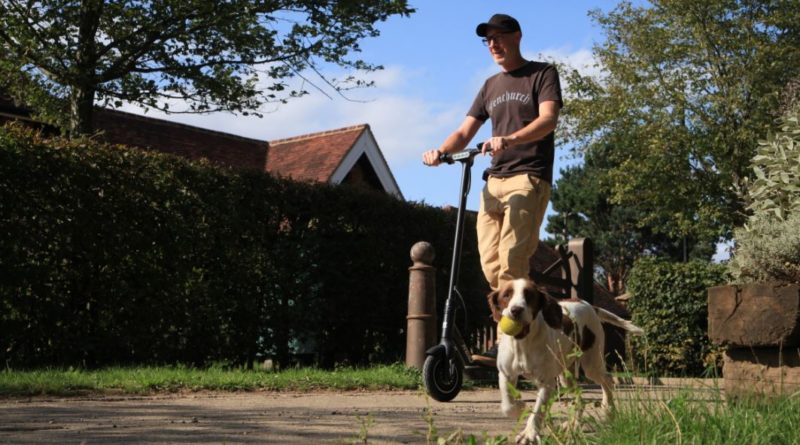Ireland pledges electric scooter legislation update in 2021
Electric scooter legislation will be updated to legalise use on the roads in Ireland during 2021, the Transport Minister Eamon Ryan has said.
Draft legislation has begun that will see the e-mobility form become part of the transport mix, without the local trials that have become increasingly prevalent across England.
The decision follows on from the publication of the Road Safety Authority’s report, concluded during August last year, which made the recommendation for electric scooter legislation to be adapted to enable lawful use on public roads.
At present the transport form is illegal for use on public roads, as is the case in England, if privately owned. As it stands they are considered motor vehicles and as such require tax, insurance and a licence to be used. The legislation update will seek to draw a line between electric scooters and motor vehicles, as has been done with electric bikes in both Ireland and now Northern Ireland too.
A public consultation on the EU’s Clean Vehicles Directive was published last week, seeking to understand the public’s stance on the future of the personal and public transport mix. It is intended that Ireland will shunt its transport make up toward low or zero emissions vehicles in line with the directive, aiming to reduce congestion and pollution as time goes on.
The public consultation has commenced and will conclude on 31st December 2020.
Commenting on the launch of the consultation Minister for Climate Action, Communication Networks and Transport Eamon Ryan T.D. said: “Green public procurement plays a key role in addressing Ireland’s transport emissions and the state’s leading role in tackling our climate change challenge. We all must work collectively to achieve our nations climate objectives and it is important that the state leads by example in this regard. This consultation process will provide an opportunity for stakeholders and the public to give feedback on the various proposed policies and transposition options.”



